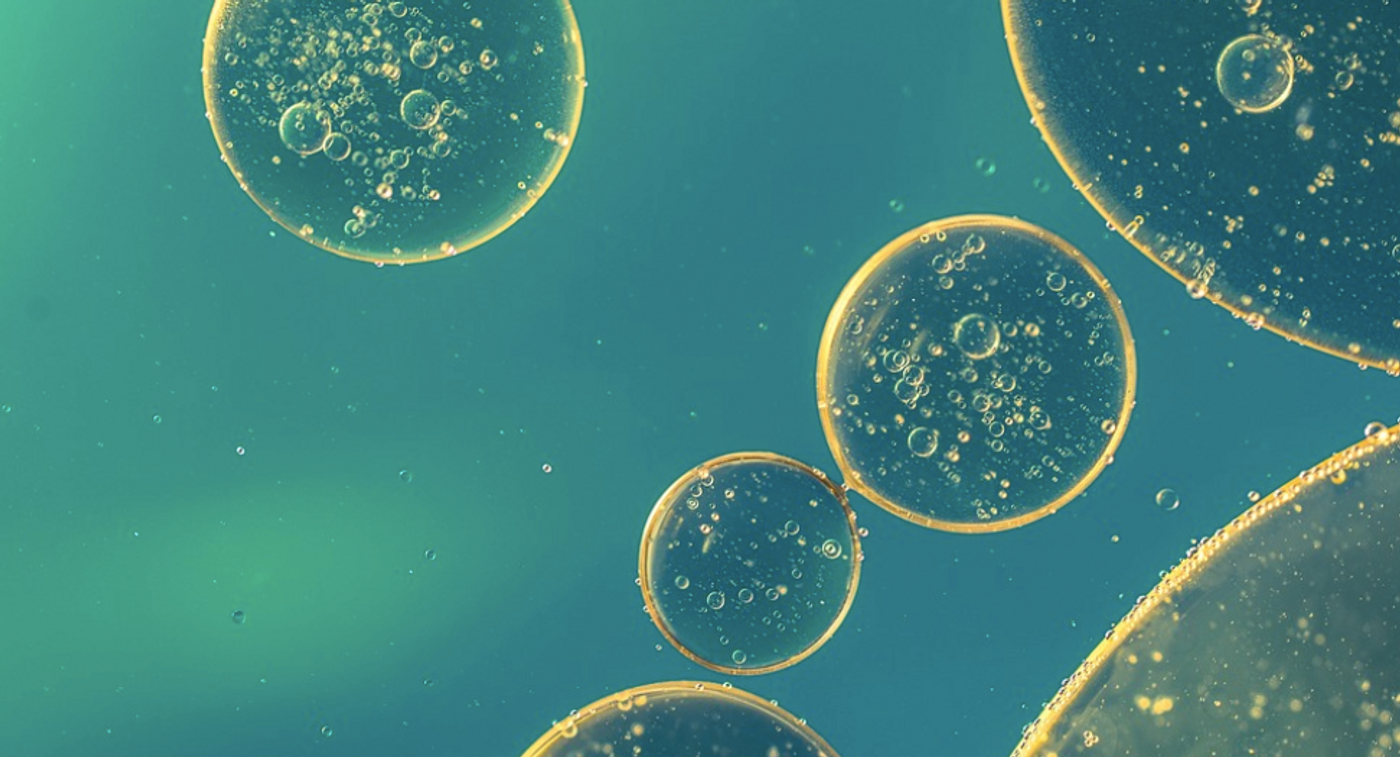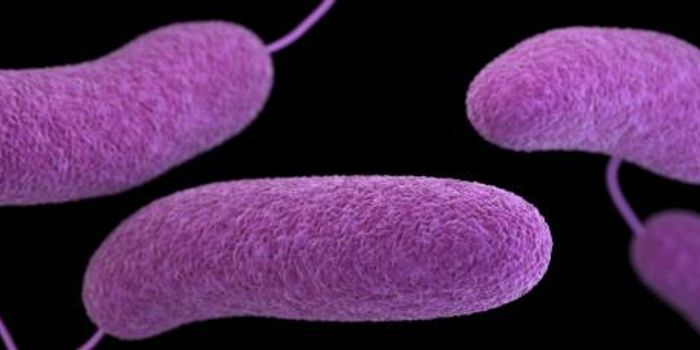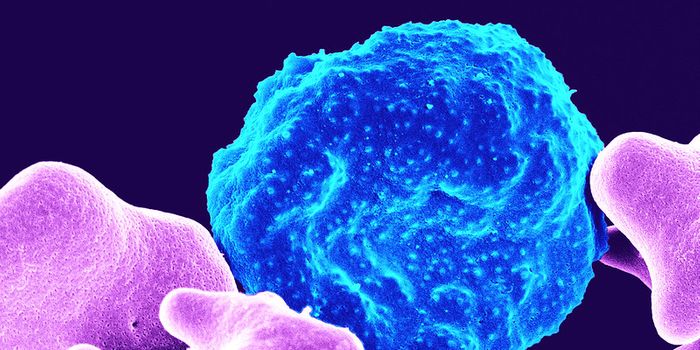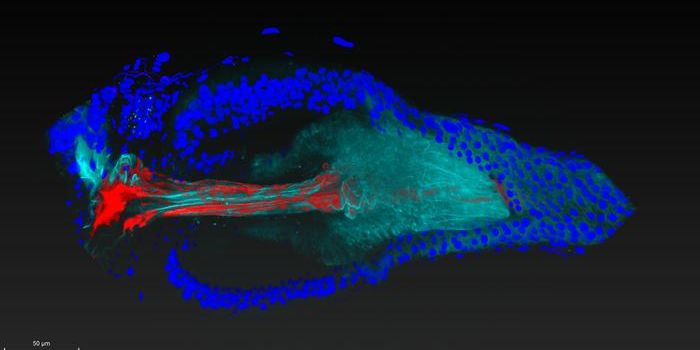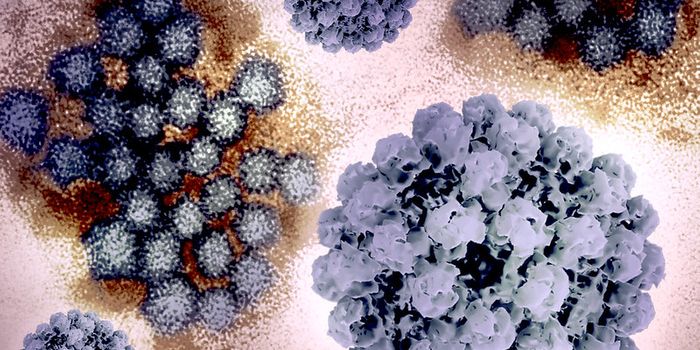New Work Sheds Light on the Autism-Microbiome Link
For decades, scientists have searched for the causes of autism spectrum disorder (ASD). While genetic influences seem to play a role, other factors have been suggested including environmental pollution, parental age, viral infections, or disruptions in the gut microbiome. There may be no single cause of autism, which is a very complex disorder that presents differently in different patients. When a cause like the microbiome is considered, things can get very murky, because the composition of the microbiome may also be naturally very different in different people. It can be extremely challenging to decipher the links between certain microbes in a group of thousands or millions, and a complex disease.
New research reported in Nature Neuroscience used computational tools to analyze data on the microbiomes of autistic people, which was collected during 25 different studies. A lot of microbiome research focuses on entire microbial populations, and may only look at the microbiome at a single point in time, which can significantly constrain their power when the microbiome is changing all the time. This study aimed to collate data that seemed disparate, and unite them with a common language, said co-corresponding study author Jamie Morton, PhD.
Many of these studies had assessed things like gene expression, immune system function, and diet in patients with ASD and neurotypical individuals. The algorithm that was used identified ideally matched pairs of autistic and neurotypical individuals according to age and sex, which often confound autism studies. This effort revealed a microbial signature that can distinguish between those with autism and neurotypical individuals.
"Rather than comparing average cohort results within studies, we treated each pair as a single data point, and thus were able to simultaneously analyze over 600 ASD-control pairs corresponding to a de facto cohort of over 1,200 children," explained co-corresponding study author Gaspar Taroncher-Oldenburg, director of Therapeutics Alliances at New York University.
The scientists found that the abundances of certain gut microbes are different in neurotypical individuals compared to those with ASD. There were also metabolic pathways linked to certain microbes that were only active in those with autism. These pathways were active throughout autistic individuals, and affected things like gene expression profiles in the brain.
The findings also agreed with a recent study in which autism patients were treated with a therapeutic targeting the microbiome, and who were followed over the long-term.
"We hadn't seen this kind of clear overlap between gut microbial and human metabolic pathways in autism before," said Morton.
This study has emphasized the importance of long-term, rigorous studies that assess "as many datasets as possible," and how things change when therapeutics are applied. Lengthy studies that include interventions can also teach us more about cause-and-effect relationships, noted Morton.
The approach used in this study could also be used in other research, suggested the authors. It might help scientists decipher the potential connections between the microbiome and many disorders such as depression, cancer, or Parkinson's, said study co-author Rob Knight, the director of the Center for Microbiome Innovation at the University of California San Diego.
Sources: Simons Foundation, Nature Neuroscience
